Have you ever picked up your dog’s poop and noticed that it is lined with slimy, thick material? The chances are that this slimy matter is mucus. Many dog owners will experience this at some point in time. Perhaps it is a one-off, or it occurs fairly frequently. You might be left wondering why it happens and if you should be doing anything to fix it.
Small amounts of mucus in dog poop may be normal, as the digestive system uses mucus to lubricate the bowels and aid the passage of stool. However, large amounts of mucus, especially if combined with bloody or unformed feces, may be a sign of underlying gut issues.

What Is Mucus in Dogs’ Stool?

Mucus is a gelatinous substance that lines several organs in the body. While we commonly think of mucus in the nasal or respiratory tract, sometimes called “snot,” mucus is also found in the bowels. Here, the role of mucus is to protect the bowels’ lining, lubricate them, and aid the passage of feces.
A small amount of mucus in dog poop can be completely normal. Large amounts of mucus can be found in stool if there are inflammatory conditions of the bowels, particularly the colon (also referred to as the large intestine).
What Are the Signs of Mucus in a Dog’s Stool?
The most obvious sign of mucus in stool is just that—mucus in stool! This appears as a layer of thick, slimy matter that is either clear or cloudy. It can line the surface of the stool or be dispersed throughout. Other signs that are commonly seen alongside slimy stool include:
- Soft or unformed feces
- Blood in stool
- Straining to defecate
- Frequent bowel movements
- Vomiting
- Loss of appetite
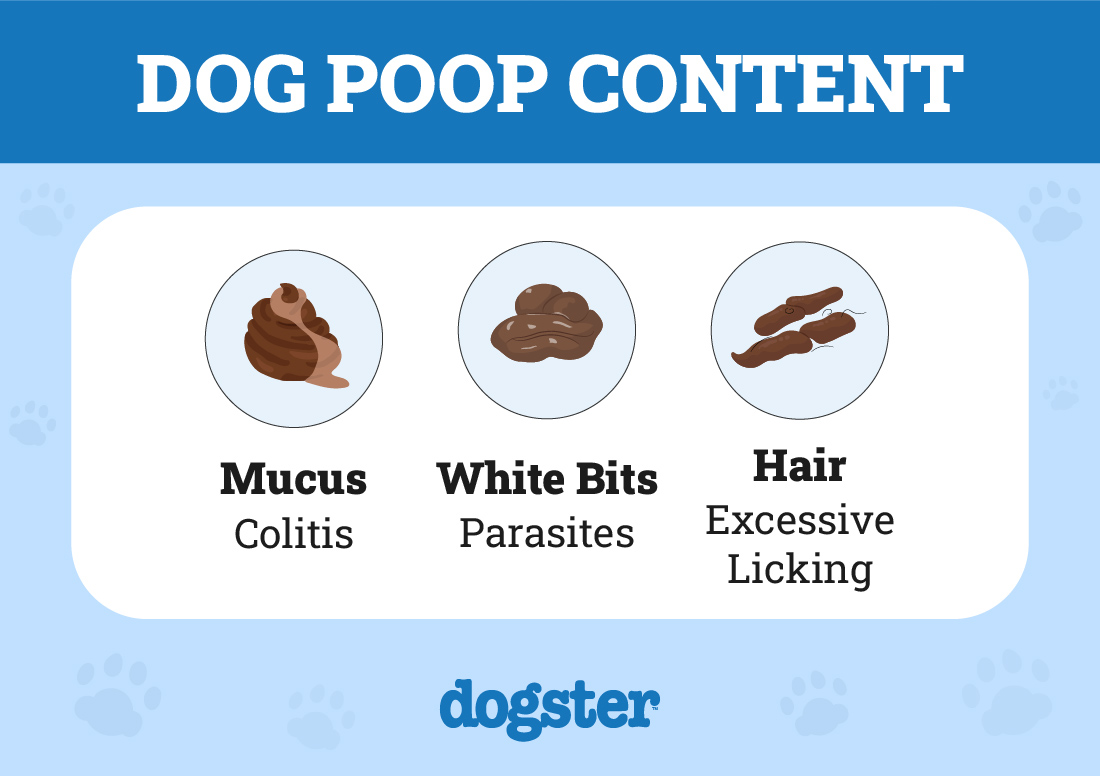
The 6 Causes of Mucus in a Dog’s Poop
Mucus in stool is not specific for a single disease. It can be seen with several diseases, though most relate to the colon. Common causes include:
1. Dietary Causes
Dogs are notorious for eating any food items they can get their paws on. In the vet world, this is often referred to as dietary indiscretion. Dietary indiscretion can result in inflammatory changes in the colon, which lead to mucus in stool. There are three main ways this can happen:
- You recently changed the food you offer your dog
- You fed your dog a treat or some table scraps
- Your dog scavenged through the bin or found something on the ground
If you are concerned about the health and well-being of your pet, seek veterinary advice for the best course of action.
If you need to speak with a vet but can't get to one, head over to PangoVet. It's an online service where you can talk to a vet online and get the personalized advice you need for your pet — all at an affordable price!

2. Colitis
Colitis is the technical term for inflammation of the colon. This will result in mucus in stool, though you’ll likely notice that the feces are also bloody and soft. Colitis can be caused by dietary indiscretion, although it can also be caused by bacterial or viral infection. Salmonella, E. coli, and Clostridium are common bacteria that can cause colitis. These can be picked up from spoiled food, soil, or contact with the feces of another dog.
3. Parasites
Parasites, such as roundworms and whipworms, can cause your dog to have mucus in their stool. Protozoal infections such as Giardia are also possible. These bugs are all picked up from the environment. You may or may not see the worms in your dog’s stool. Several deworming medications are available over the counter.
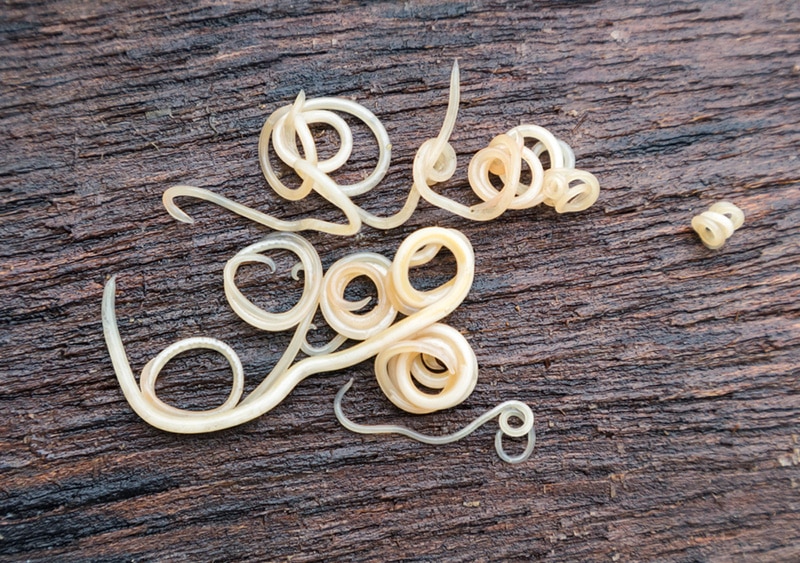
4. Stress
Stress colitis is surprisingly common. Vets are unsure exactly why stress leads to colitis, but whatever the cause, we know the result. Inflammation of the colon leads to reduced water absorption and the reduced ability to hold feces. This leads to stools that are soft, mucus-like, and sometimes bloody.
5. Inflammatory Bowel Disease
Inflammatory bowel disease (IBD) can occur in dogs, just as it can in people. You may have heard this condition referred to as irritable bowel syndrome or IBS. IBD (or IBS) is a chronic condition in which the digestive tract is inflamed and angry. An allergic-type process occurs in the bowels, and food tolerance is poor. This leads to chronic diarrhea, sometimes with mucus present.
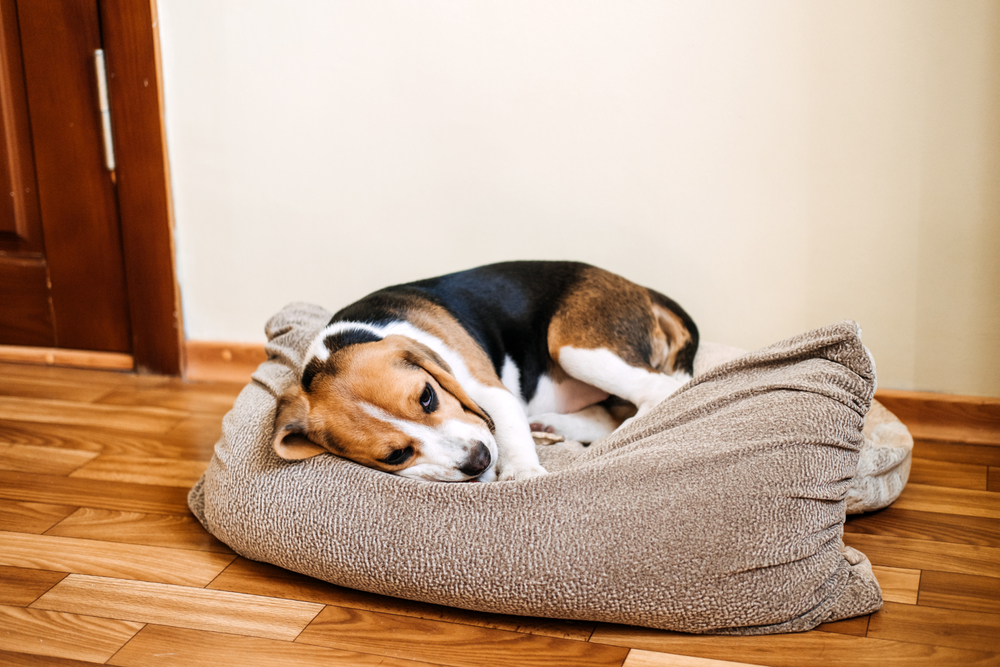
6. Other Causes
Less commonly, disease elsewhere in the body results in mucus in stool. Essentially, any disease that causes an animal to become systemically unwell can result in colitis. Examples include auto-immune disease, hormonal disease, and even cancer.

What Is the Treatment for Dogs With Mucus in Their Stool?
Treatment for mucus in dog poop depends on the underlying cause. In mild cases where the dog appears otherwise well and continues to eat, it can be managed with a bland diet for a few days. Vets will often prescribe anti-nausea medications, probiotics, and electrolytes. In severe cases, in which dogs become dehydrated or painful, it may require admission to the hospital for fluids via a drip and more intensive care.
Parasites and worms can be treated with several “all-wormers” available over the counter, online, or from vet clinics.
Inflammatory bowel disease often requires prescription diets and immune-suppressive medication.
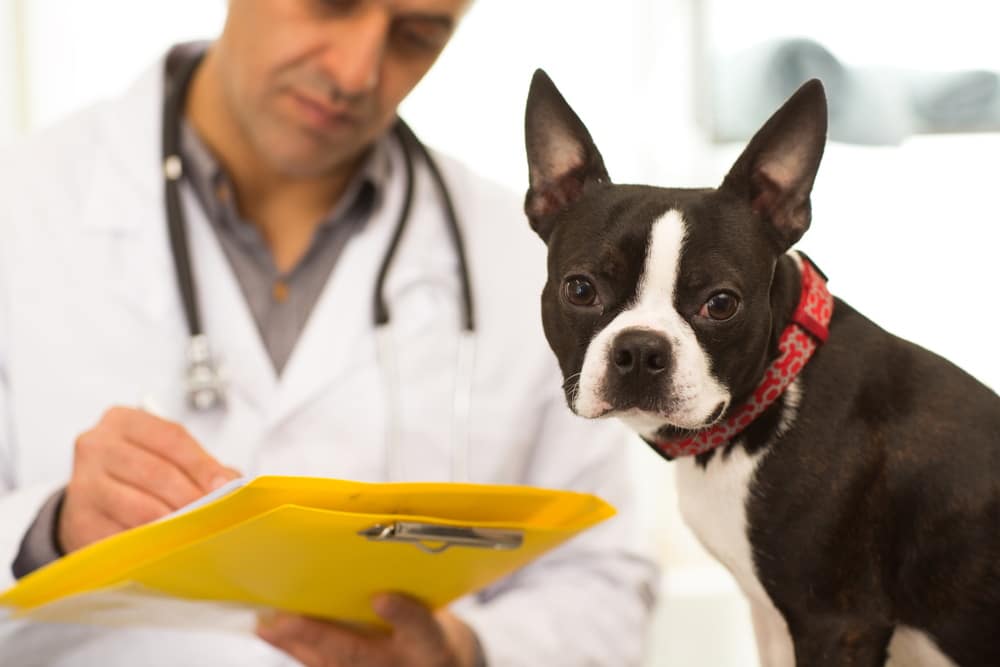

Frequently Asked Questions (FAQ)
When Should I Take My Dog to the Vet?
This depends on your dog and the severity of the signs. Generally speaking, if you’ve just noticed some mucus in your dog’s stool and they appear otherwise completely fine, it may be reasonable to feed a bland diet for a few days and monitor them closely. Some red flags that should prompt you to arrange a vet visit include:
- Mucus in stool for more than two days
- Presence of blood in stools
- Vomiting
- Apparent discomfort
- Lethargy and loss of appetite
If you are unsure if a vet visit is necessary, you can talk to a vet online first for guidance on the next steps.
What Is the Prognosis for Dogs With Mucus in Their Stool?
Similar to the above, the prognosis for dogs with mucus in their stool depends somewhat on the underlying cause. Thankfully, the majority of cases will self-resolve in a few days, sometimes with the aid of a bland diet and supportive medications. If the problem is ongoing or your dog is showing signs of being unwell, admission to a vet hospital may be warranted.

Conclusion
There are several causes of mucus in a dog’s stool. The presence of mucus can be completely normal, but it can also be a warning sign for underlying disease. Ensure your dog is up to date with their preventative medications, including vaccinations and wormers. If possible, try to minimize their access to table scraps and spoiled food. As always, if you have any concerns about your dog, don’t hesitate to contact your veterinarian.
See also:
- 10 Signs That You’re a Helicopter Dog Mom: What to Watch Out For
- Do Dogs Like Riding in Cars? Interesting Facts & Safety Tips
Featured Image Credit: Alex Zotov, Shutterstock
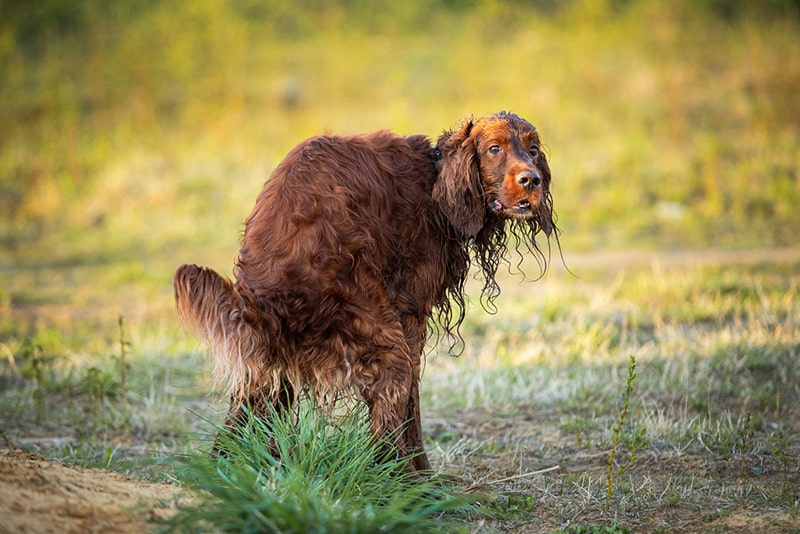

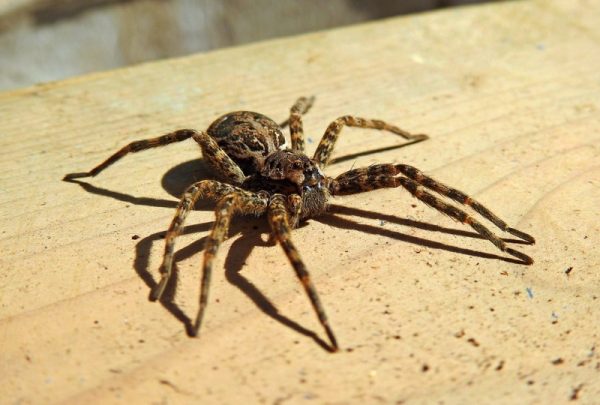
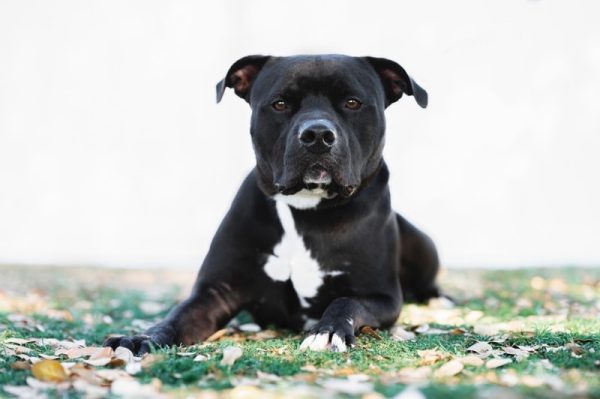
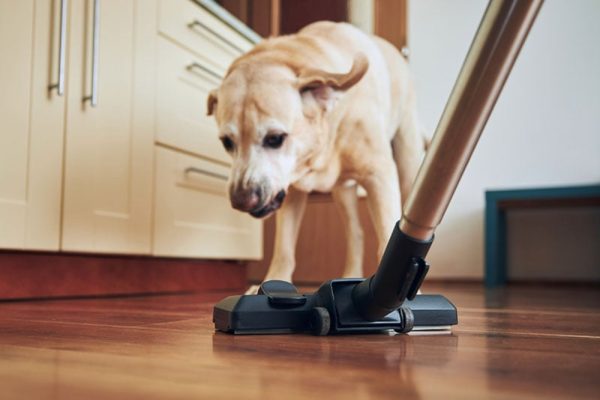
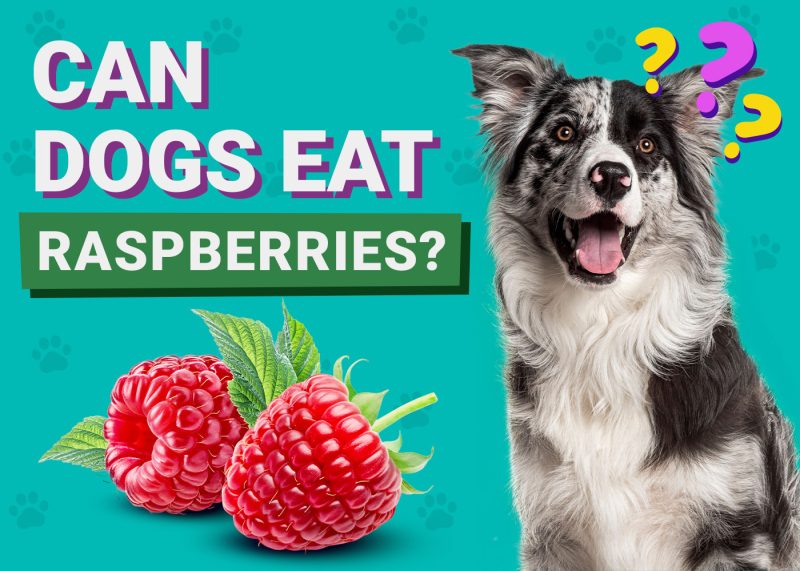
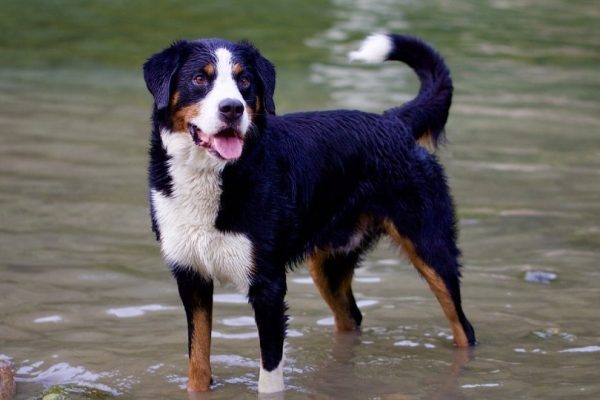
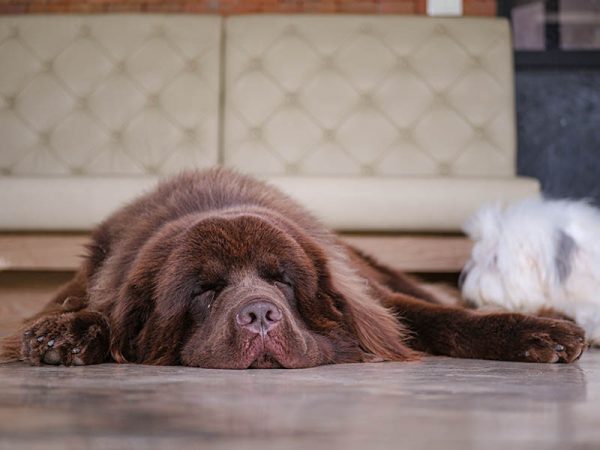
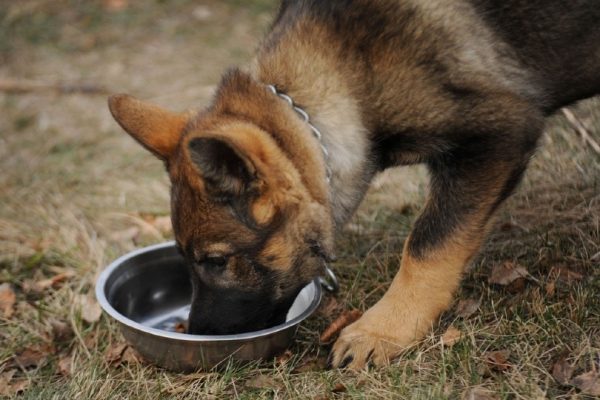
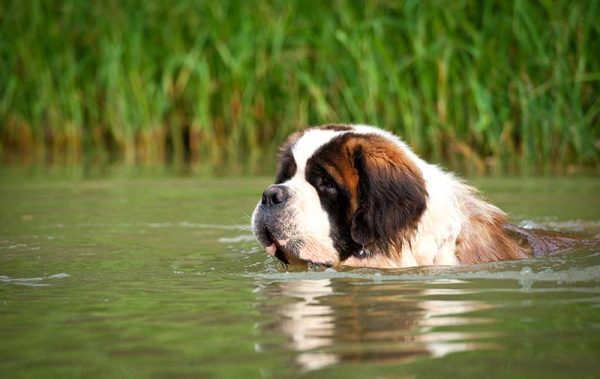
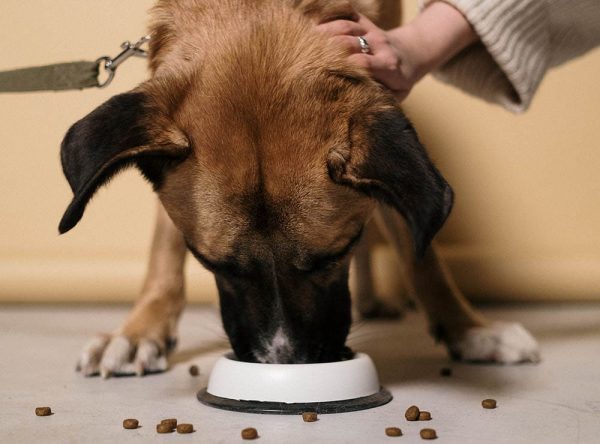
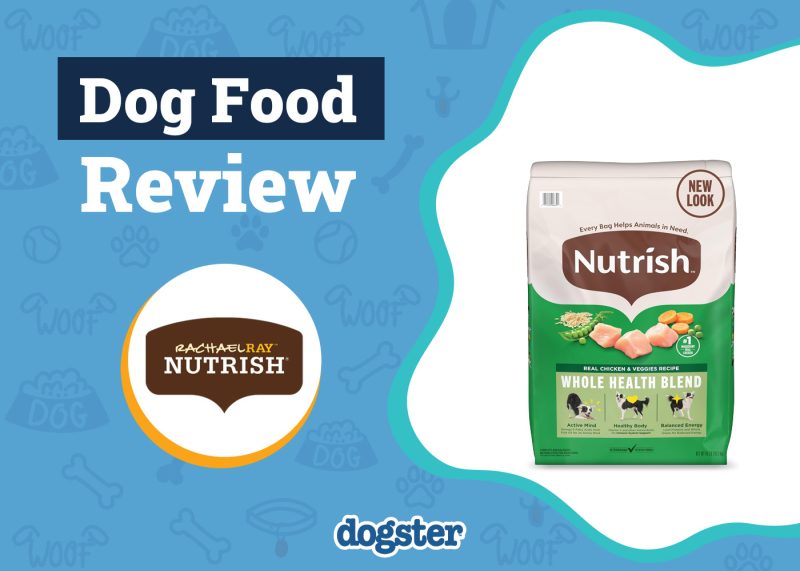
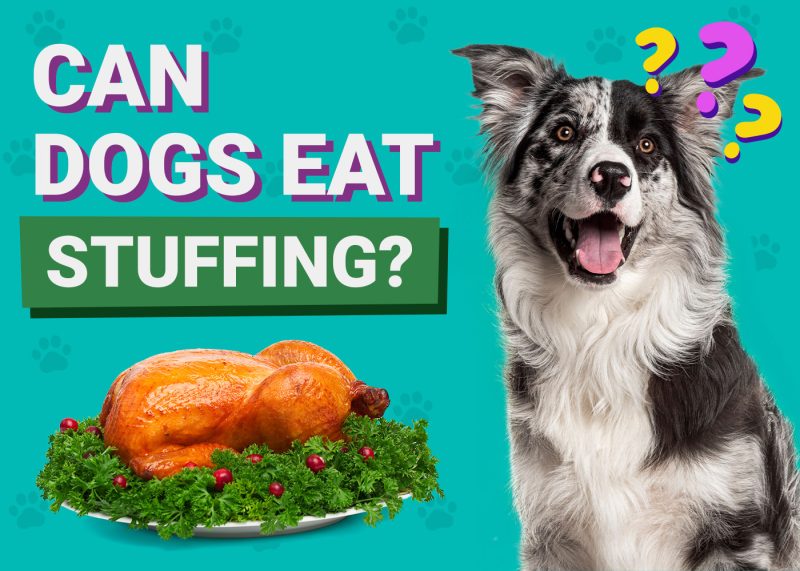
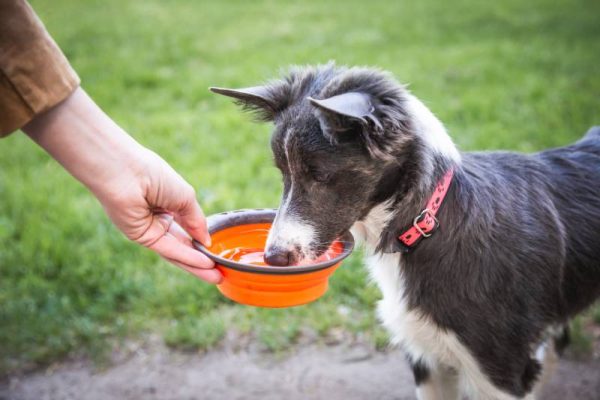
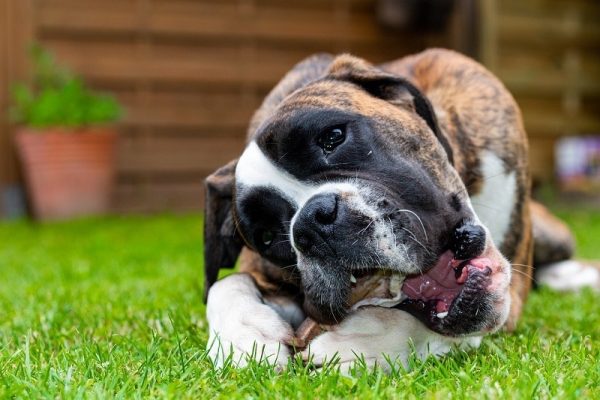
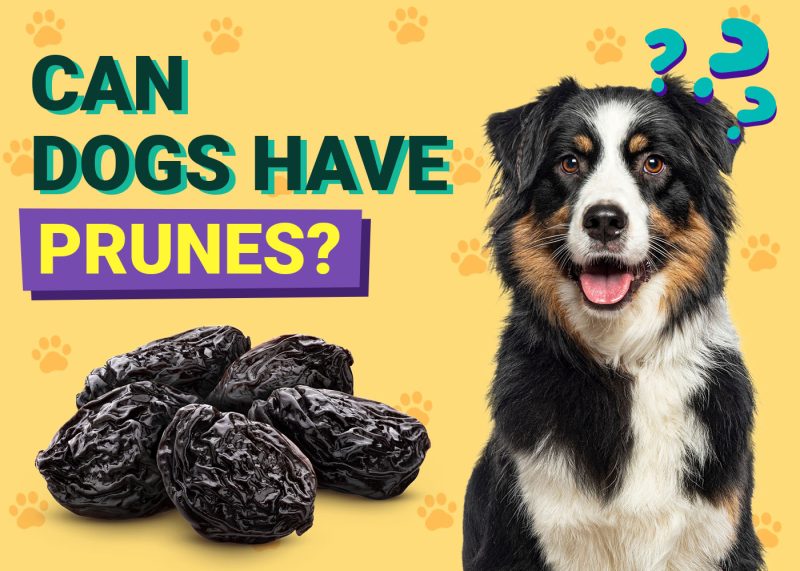
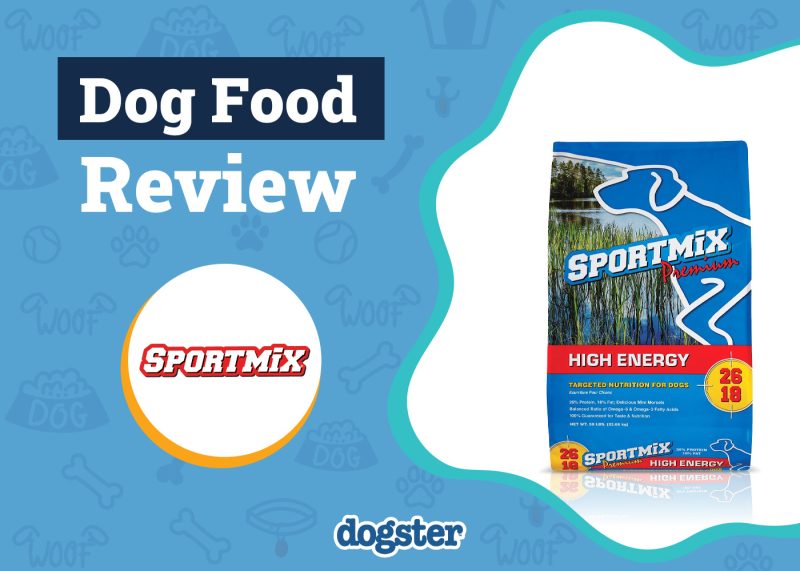
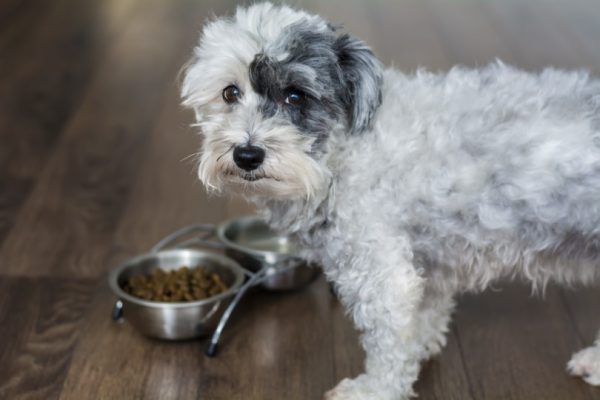

3 Responses
my dog has diarrhoea its dark brown its sometimes a bit runny but sometimes it looks like normal poo but still dark brown shes very lethargic and hadnt eaten what could it be im thinking maybe she has a stomach virus but im not sure
Hello Donna,
Thank you for your message. We're very sorry to hear about your dog's issues. These symptoms, especially when combined with a change in the color and consistency of her stool, can indicate a serious issue. While you may suspect a stomach virus, it would be better to consult this with a veterinarian. For this you can book a 20-minute video-call appointment with one of the veterinarians from our telehealth service at PangoVet.com. You will get a professional opinion and helpful suggestions from the comfort of your home. Our vets will be happy to answer all your questions.
For additional information on digestive issues, you may find these articles helpful:
"Dog Diarrhea: Causes, Treatment & Prevention (Vet-Reviewed)": https://www.dogster.com/dog-health-care/dog-diarrhea
"What to Do When Your Dog Won’t Eat: Possible Causes & Solutions (Vet Reviewed)": https://www.dogster.com/dog-nutrition/what-to-do-when-your-dog-wont-eat
We hope your dog feels better soon.
I made frozen treats for my dog which consisted of peanut butter, coconut milk and pumpkin. She ate two of the cubes and developed loose stools and mucus. She now has no appetite but did finally eat small amount of dog food yesterday and had bouts of loose stools during the night. What is a bland diet for a dog?